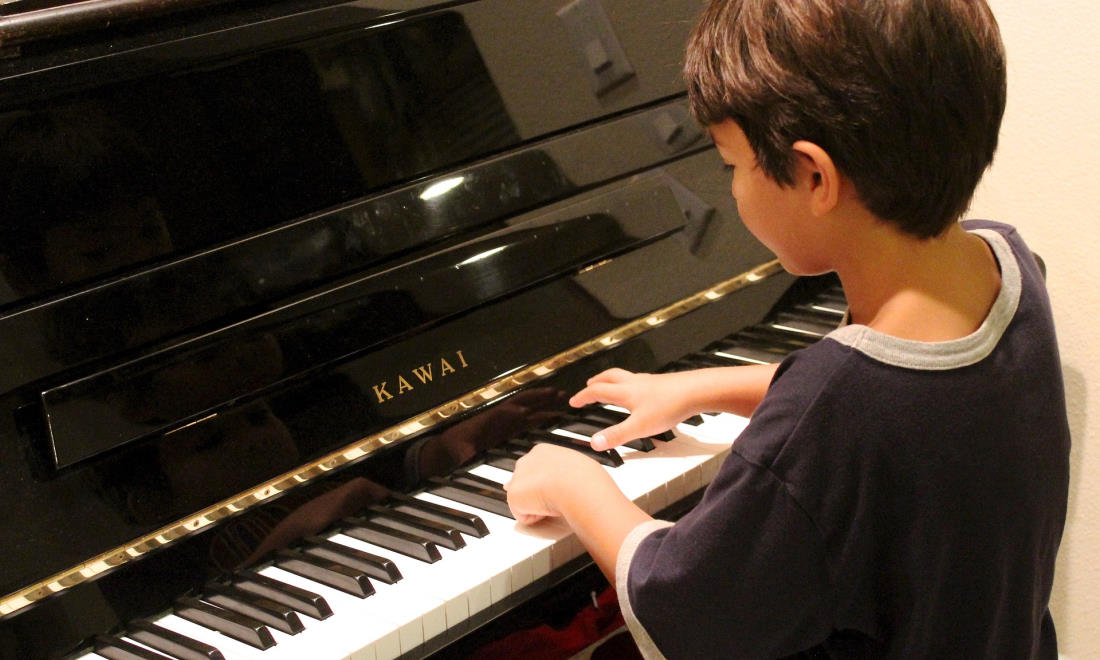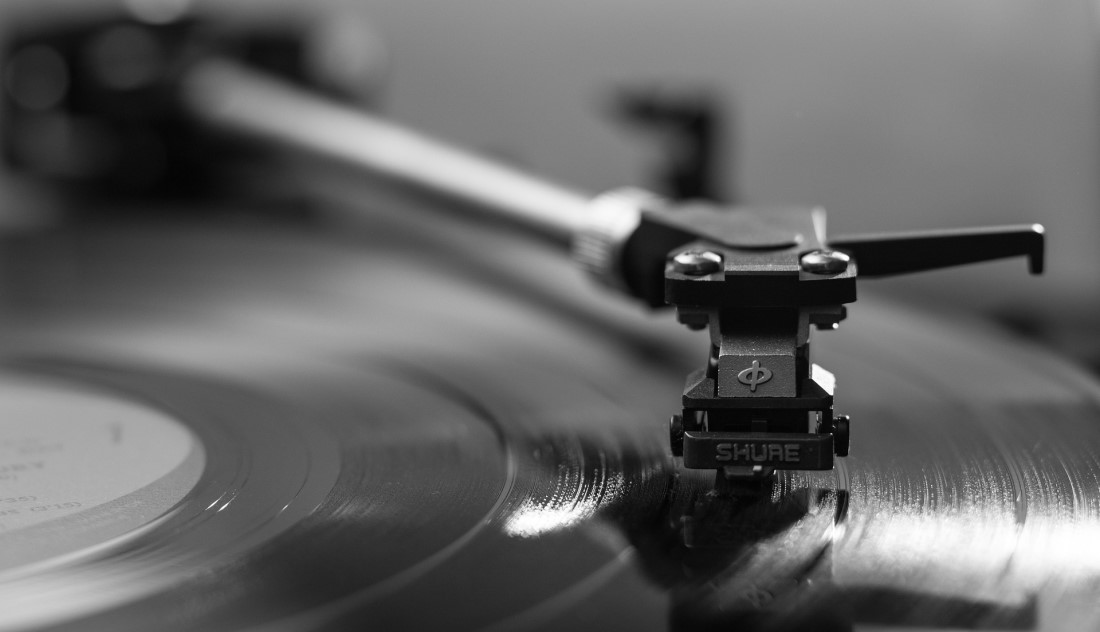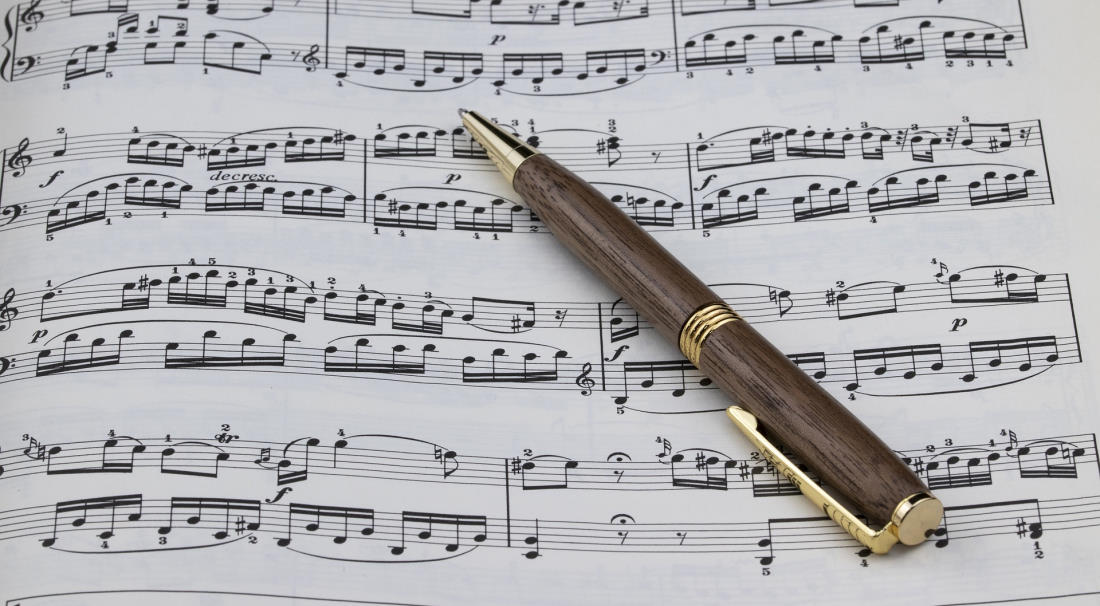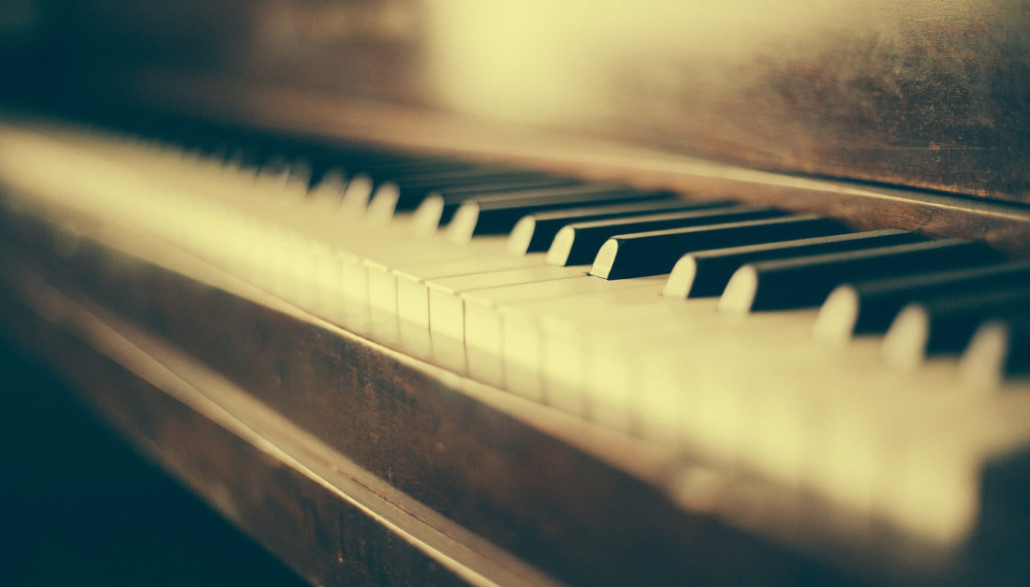Why the Piano is the Best Instrument to Learn First
The power of music is undeniable. When learning a new instrument, the skills you’ll pick up along the way will stay with you your whole life. From memory to verbal intelligence to spatial awareness, there’s a lot to learn. We also know that creating and performing art is intrinsically rewarding, and can reduce stress, build confidence, and help us enjoy life. The gift of music is something everyone should experience in their lifetime.
If you’ve never learned a musical instrument before, choosing one to pick up can be a daunting idea. All instruments are different in their own way – some will be easier to learn, others will be awkward to play or transport, and some will just sound stranger than others.
The piano makes an excellent case for the best instrument to learn first, regardless of your age. In this article, we’ll break down our 4 big reasons why you should start with piano lessons before any other instrument.
The piano is physically easier to play

Our first reason the piano is the best instrument to learn first seems obvious, but it often overlooked – it’s just easier to play. And we don’t mean easier to learn – that’s up for debate. But for certain, it is physically easier for our bodies. That’s because the piano is played sitting down on a stool, with your back straight, neck straight, and entire body facing forwards. There’s no need to twist or contort your body like you would to play the violin, flute, and most other instruments.
More specifically, playing the piano is a more natural feeling for your mouth, hands and feet – the body parts typically used for making music. The mouth has no job at all (unless you’d like to sing along), the hands get lots of action but the movements are natural, and the feet will be laying at rest while you’re learning. Compare that with something like the guitar, where it takes considerable time to get a feel for the instrument with your hands – strumming isn’t a natural movement for us. Or something like the trumpet, where your mouth is required to have special skills.
From head to toe, playing the piano is physically easier on our bodies. This may seem like a minor point, but consider how your body might feel after a one-hour practice session using various instruments. The piano just feels more natural.
Making music is more simple

Similar to our point above, the next reason the piano is the best instrument to learn first is it is far easier. On day one of your learning journey, you’ll be able to play the keys. Pressing the ‘B’ key will produce the same sound whether it’s you, your dog or Johann Sebastian Bach. Of course, the music gets more intricate at advanced levels as you learn to play the keys with different levels of aggression, but the sound is still the same. Compare that to wind/reed instruments, where there will certainly be more squeaking and other strange noise being produced.
Because it’s far easier to produce sounds that feel like music, you’ll be able to pick up simple songs very early in your development. Those quick wins will go along way keeping you motivated, practicing more frequently, and want to get better.
Not only is it easier to make sounds on the piano, but those sounds actually sound nicer when you’re learning. The piano tends to cooperate with our ears more, making it slightly easier on the other members of your household. And solo piano music sounds great. Compare that experience with the trumpet, drums or saxophone, and its easy to see the piano is a better choice.
Less maintenance and upkeep
The piano is a unique instrument in that it requires little maintenance, tuning or additional parts. When you learn the guitar, you need to constantly keep the instrument tuned. If you don’t, the sounds won’t be right. If you play a reed instrument like the saxophone or clarinet, you’ll need to keep a stash of reeds handy. These reeds chip and break easily, and you need them to make sounds. There’s also the often-overlooked element of portability. Because other instruments are so easily portable, they’re also easily lost, stolen, dropped and damaged – especially in the hands of children. Repairs and replacement costs can stack up.
The piano is ideal if you’re looking for an instrument with little maintenance or upkeep required. All you really need is a yearly tuning, done by a professional. Other than that, there’s really no upkeep, maintenance or additional parts needed. Plus, you won’t have to worry about theft or damage (until it’s moving day).
Learning piano makes other instruments easier

Our final reason for learning the piano first is an important one if you’re passionate about music and see a career for yourself in the world of music. By learning the piano, you’ll be able to pick up other instruments a little easier going forwards. There are a few reasons for that.
The piano requires an intense level of coordination and mind/muscle connection, because you have to read sheet music with your eyes while both hands play different keys at different times. It takes plenty of practice, but eventually your hands will be able to play separate pieces of music at the same time. This level of coordination and mind/muscle connection will be valuable for any instrument you want to tackle next.
Next, there’s the element of theory to consider. Theory is the building blocks. Theory teaches us how music is made, along with all the methods and concepts involved in producing different sounds, making it necessary for every instrument. And because the piano has all its keys laid out in a neat little line from left to right, this theory becomes much easier to grasp when learning piano. Chords, scales and pretty much every element of music theory just makes more sense on the piano.
The piano is also an extremely versatile instrument because it allows you to play melody and harmony (including bass) – usually at the same time. The piano is quite rare in this sense. The vast majority of instruments can only make one sound at a time, whether it’s melody or bass. By learning how to do it all via the piano, you’re musical understanding expands, making other instruments easier to grasp.
If you’re interested in piano lessons for you or your children, MSI Langley is proud to teach ages 4 and up. Plus, if your child is between the ages of 4-9, we offer group lessons where kids can collaborate, socialize and motivate each other.
Learn more about our piano lesson availability, or contact us today.

